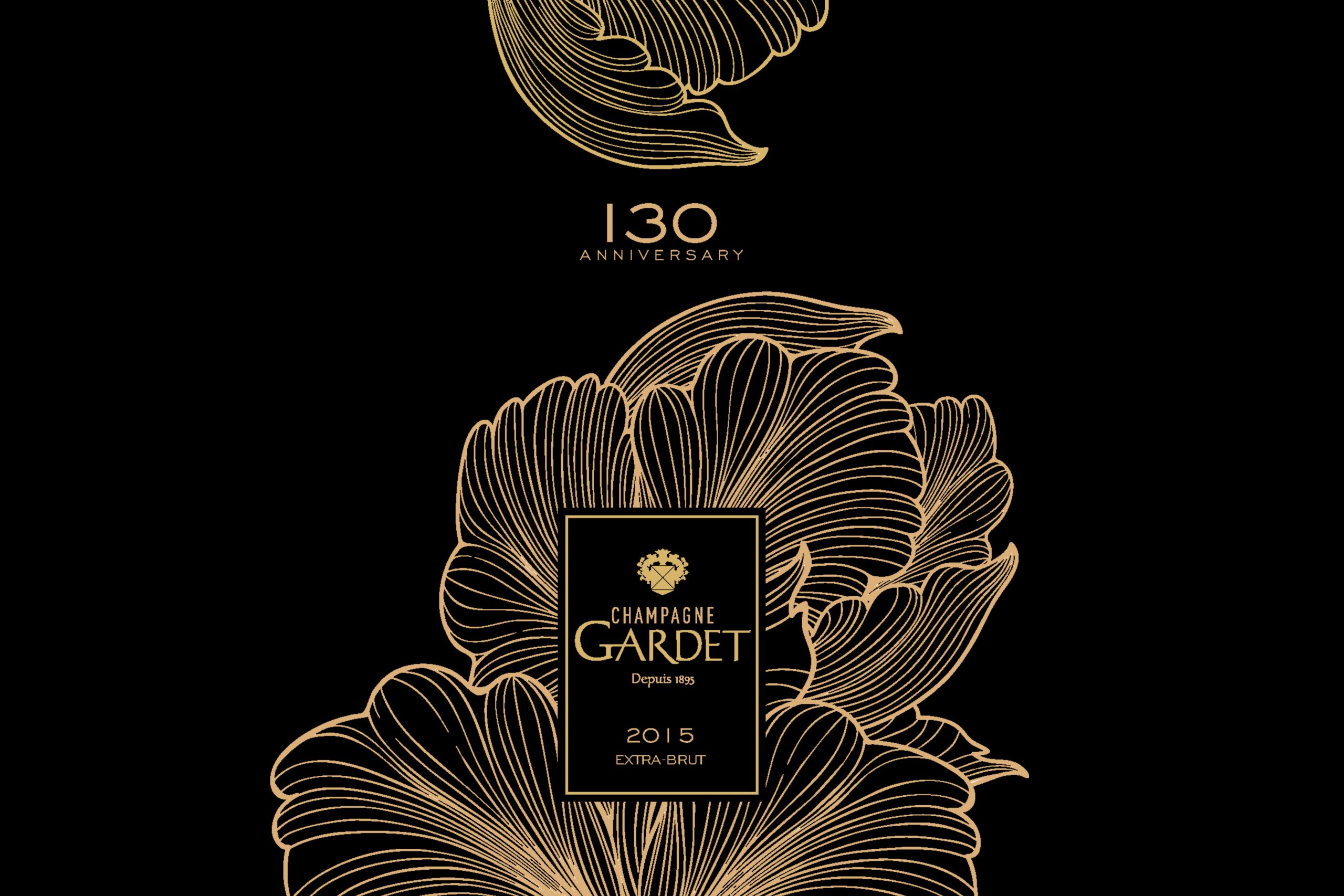Alcohol may have saved humanity’s ape ancestors
By Rupert MillarThe ability to consume and tolerate low levels of alcohol in overripe, fermenting fruit may have helped the ape ancestors of human beings avoid extinction, a new book suggests.
The book, ‘Alcohol and Humans: A Long and Social Affair’ by two British researchers, Dr Kim Hockings, senior lecturer in conservation science at Exeter University and Dr Robin Dunbar, professor of evolutionary psychology at Oxford, suggests that a common ancestor of humans and other great apes may have evolved to carry a protein that helps to metabolise alcohol some 10 million years ago.
The ability to consume extra calories and tolerate the low levels of alcohol would have provided an extra edge when competing with other species, especially monkey species, for food.
Ape populations were declining at this time in the face of competition from monkeys which could eat unripe fruit. Being able to eat overripe fruit therefore, which monkeys cannot, was a crucial equaliser.
This taste, developing over millions of years, was then passed down to our ape near-relations – such as gorillas and chimpanzees which can all metabolise alcohol – and of course to us, who have managed to hone the production of alcohol into our wines, beers and spirits.
And with that development has come an ever-evolving use of alcohol in human societies.
Dr Dunbar was quoted as saying: “Across cultures and in different time periods, it [alcohol] has consistently been a major part of the way humans socialise with each other.
“Increasingly, alcohol is viewed as a medical issue, but alcohol abuse is only a small part of a much wider social pattern of alcohol use by humans.”
Partner Content
And this, argues Dr Hockings, is why looking at alcohol purely through one prism is a mistake. She said: “One interesting point is that the alcohol level in fallen fruit is usually about 1-4% – something like weak beer – yet much of the alcohol consumed by humans today is far stronger than this.
“As with other substances like salt and sugar, the problem may not be the substance itself but the concentrations we now have access to.”
This is far from the first time that a longstanding link between alcohol and humanity’s early ancestors as been suggested.
Dr Robert Dudley of the University of California at Berkeley, first proposed the ‘drunken monkey hypothesis’ in the early 2000s, expounding on it further in his 2014 book; ‘The Drunken Monkey: Why We Drink and Abuse Alcohol’.
READ MORE: Wine-Drinking Elephants




